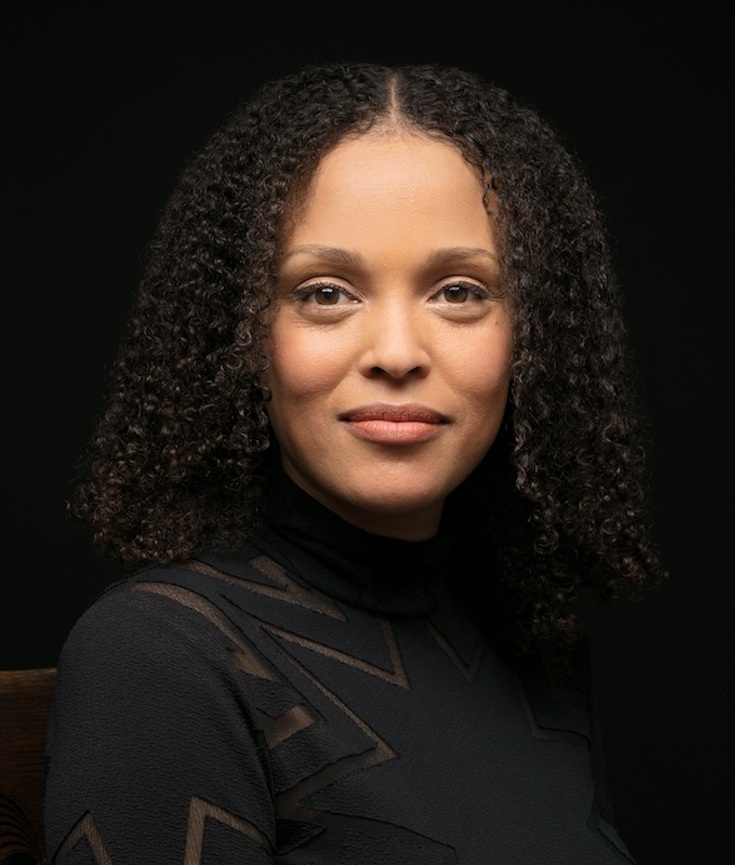[dropcap]She[/dropcap] grew up and still lives in the tiny town of DeLisle, Miss., close by the Gulf Coast, where, she writes, African-American families like hers are “pinioned beneath poverty and history and racism.”
Those struggles, hinging on race and class, run all through her writing, from her novel Salvage the Bones, which won Ward a National Book Award in 2011; to her searing memoir Men We Reaped, published in 2013; to her new novel, Sing, Unburied, Sing.
Ward, 40, has chosen to return to DeLisle and raise her children there, despite her profound ambivalence about what the town represents.
On the one hand, “there’s a feeling of belonging and of ease and of knowing who I am that I feel here that I don’t feel anywhere else,” she says. “There’s this entire web of people that I’m connected with, and I think that gives me a sense of myself that is hard for me to access when I’m not here. A way of understanding myself: who I am, and where I come from, and who I come from.” The familiar southern Mississippi landscape feels like a part of her, too, with its snaking bayous and dense tangles of trees.
[mc4wp_form id=”6042″]
 Emily Kask for NPR | Photo Credit
Emily Kask for NPR | Photo Credit
 Emily Kask for NPR | Photo Credit
Emily Kask for NPR | Photo Credit
 Emily Kask for NPR | Photo Credit
Emily Kask for NPR | Photo Credit
 Emily Kask for NPR | Photo Credit
Emily Kask for NPR | Photo Credit
HISTORICALLY BLACK COLLEGES & UNIVERSITIES | HBCU
Historically black colleges and universities (HBCUs) are institutions of higher education in the United States that were established before 1964 with the intention of primarily serving the African American community. They have always allowed admission to students of all races. Most were created in the aftermath of the American Civil War and are in the former slave states, although a few notable exceptions exist.
There are 107 HBCUs in the United States, including public and private institutions, community and four-year institutions, medical and law schools.
Most HBCUs were established after the American Civil War, often with the assistance of northern United States religious missionary organizations. However, Cheyney University of Pennsylvania (1837) and Lincoln University (Pennsylvania) (1854), were established for blacks before the American Civil War. In 1856 the AME Church of Ohio collaborated with the Methodist Episcopal Church, a predominantly white denomination, in sponsoring the third college Wilberforce University in Ohio. Established in 1865, Shaw University was the first HBCU in the South to be established after the American Civil War.
The Higher Education Act of 1965, as amended, defines a “part B institution” as: “…any historically black college or university that was established before 1964, whose principal mission was, and is, the education of black Americans, and that is accredited by a nationally recognized accrediting agency or association determined by the Secretary [of Education] to be a reliable authority as to the quality of training offered or is, according to such an agency or association, making reasonable progress toward accreditation.”Part B of the 1965 Act provides for direct federal aid to Part B institutions. (Wikipedia).


You must be logged in to post a comment.